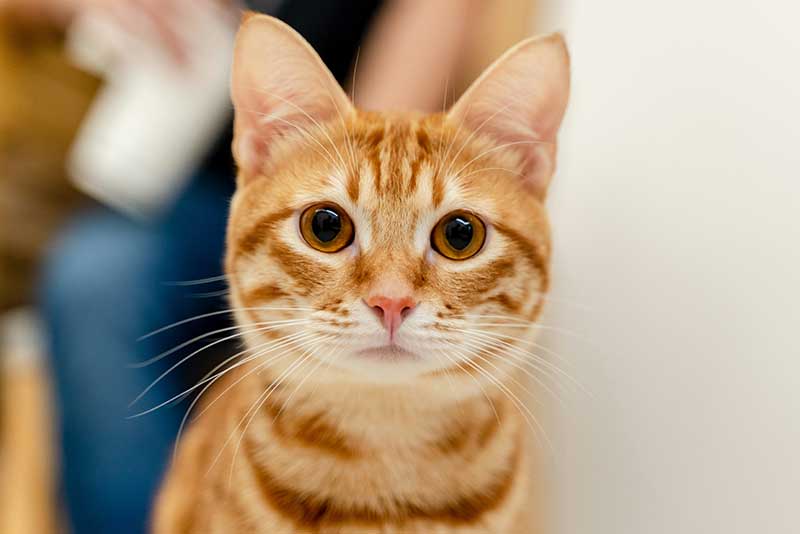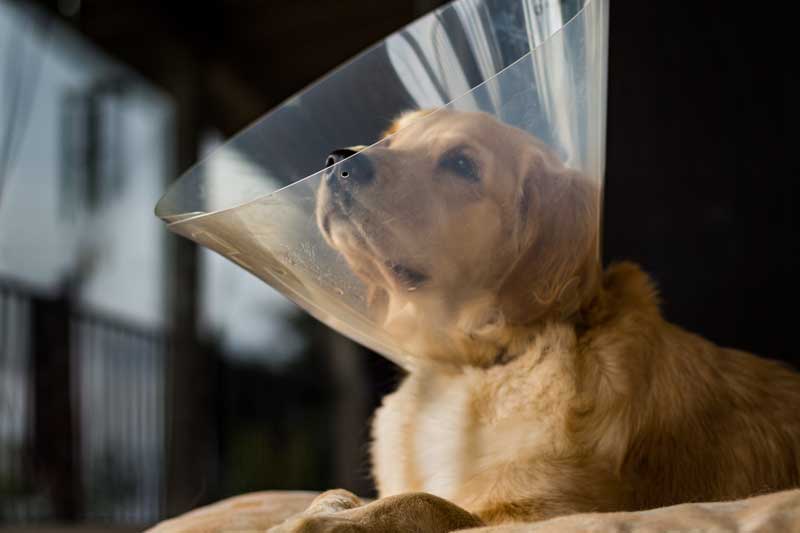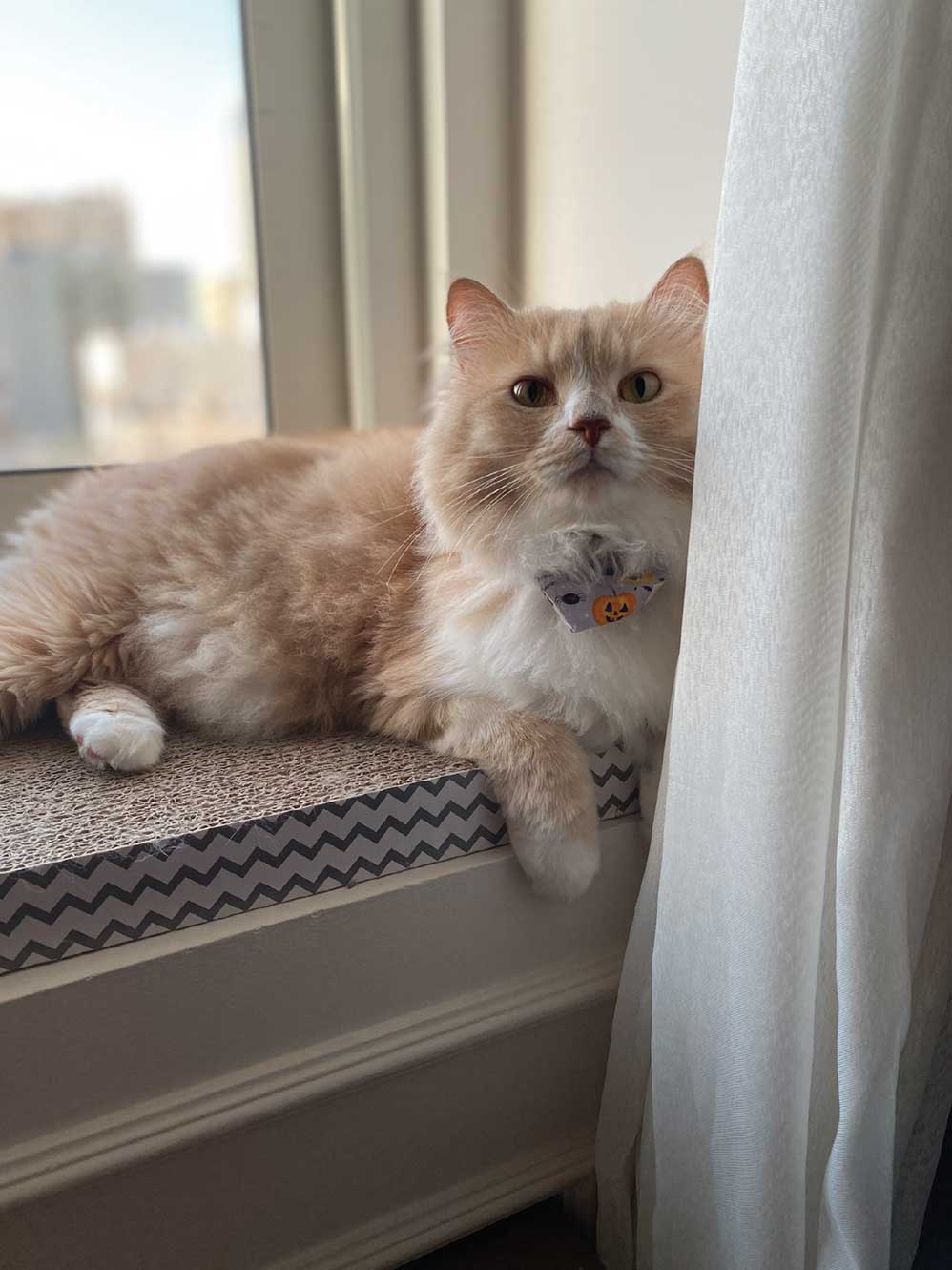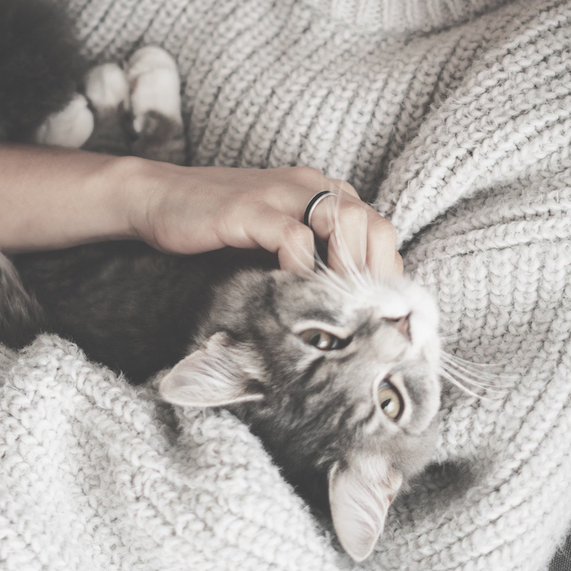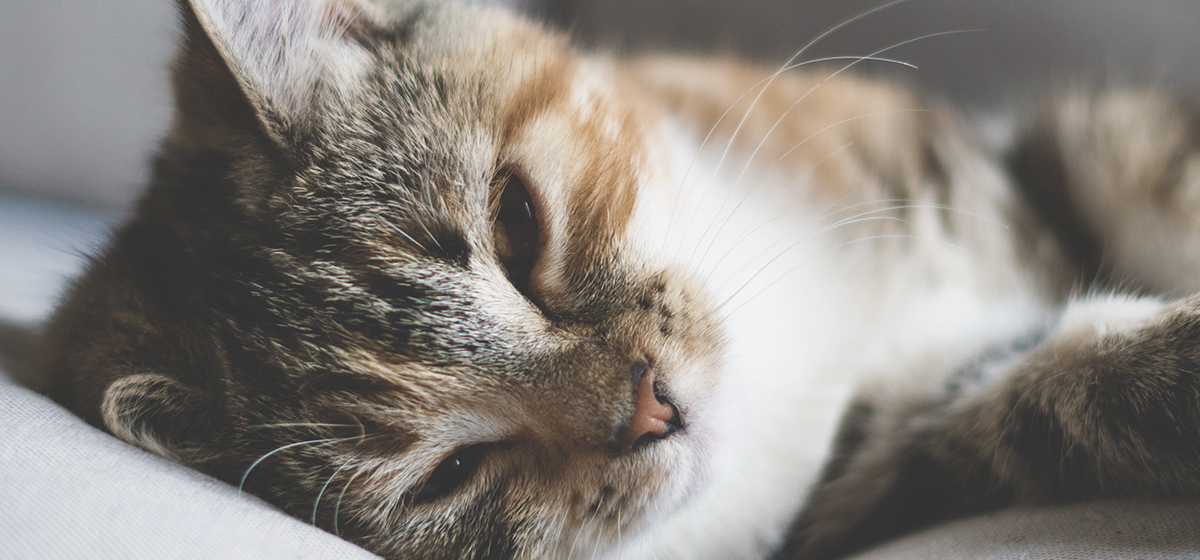Spring ushers in not only blooming flowers but also Hairball Awareness Day. A time where we shine the light on pesky hairballs in our feline companions. It happens a lot. Your cat napping peacefully but out of nowhere, bolts, hunkers down, stretches out the neck, and spits out something icky. Hairballs again! A hairy dilemma of every pet parent.
As cat lovers, we cherish every purr, meow, and playful leap of our feline friends. We don’t like seeing them painfully coughing up wads of fur. This month gives us the chance to learn more about why hairballs happen, ways to treat them, and how to keep your cats feeling their best.

What causes hairballs?
Cats are meticulous groomers. You might notice that your cat spends a significant portion of their day licking their fur. This habit comes with a downside. When cats groom themselves, they inevitably swallow some of the loose fur. Often it passes through their digestive system without issue. But sometimes, the fur accumulates in the stomach and forms a hairball.
Not to worry! Occasional hairballs are considered normal. But if your cat is hacking up a lot or if it’s really big, it might be a sign of trouble. Those big hairballs can get stuck in their belly, making them feel sick, lose their appetite, or even cause blockages.
Reduce hairballs naturally
As pet parents, we can do a few things to help our cats have fewer hairball troubles and stay healthy.
Keep fur tangle-free with regular grooming sessions
Aside from professional grooming, brushing your cat’s fur regularly helps remove loose hair before it reaches the tummy. Plus, it’s a great bonding activity between you and your feline friend.
Make sure water bowls are filled and fresh
Try to get your cat to drink lots of water to help their tummy work better. They may not like to drink on their own but it’s not impossible. You could even give a fountain-style water bowl a shot to make it more appealing for them to drink.
Don’t skip vet check-ups
It can be scary at times but prevention is always better than cure. Regular check-ups for your cat are important to catch any health issues early and address anything that might be causing those pesky hairballs.

More play or interactive games
When cats get bored, they sometimes groom themselves too much, which can cause more hairballs. But there’s an easy fix! You can jazz things up by adding extra play sessions. Playing not only gives them something fun to do, but it’s also a welcome distraction from excessive grooming habits.
Feed your feline friend right
Making sure your cat eats a high-quality diet that supports their skin and coat health can make a big difference. Some cat foods are specifically formulated to reduce hairball formation like our dry cat food. Made with kiwi that helps control hairballs with its fibre content. It boosts friendly gut bacteria, making it easier for swallowed hair to move through the digestive system. This helps lower the risk of hairballs. Even though kiwis are small, it’s full of flavour and nutrients, and they can do big things for your cat’s health.

Hairball harmony
Having to deal with hairballs is just part of having a cat, but it’s nothing to stress over! Keep an eye on your furry buddy, take some preventive measures, and if things get hairy, don’t hesitate to reach out to the vet. That way, your cat can stay cosy and carefree without any worry.
This Hairball Awareness Day, let’s show our cats some extra love and attention. Doing the little things for them goes a long way in keeping them purring with content.
